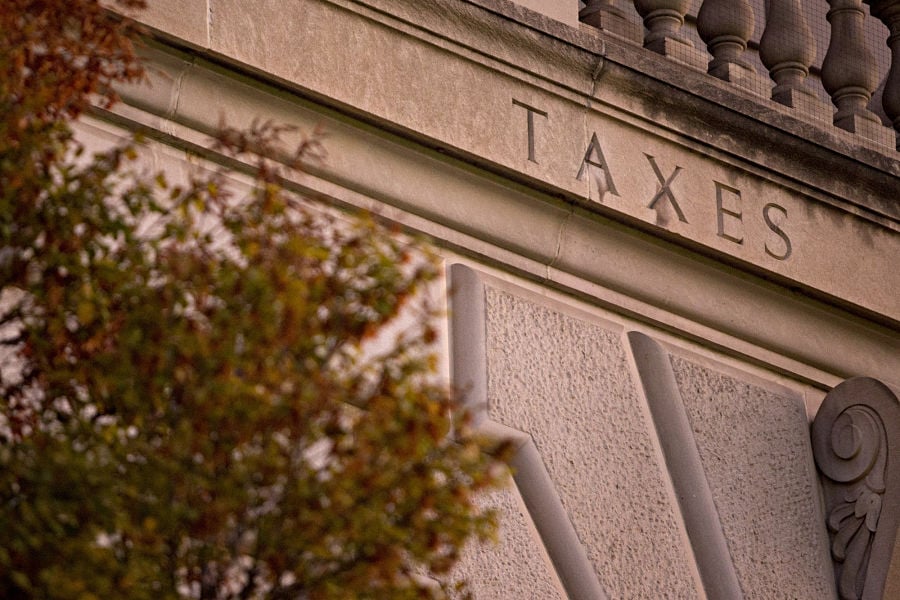A proposal being floated by Treasury Department officials to index capital gains to inflation would, if enacted, bestow a significant tax windfall on many investors.
Treasury Secretary Steven Mnuchin has indicated he is considering regulation that would alter how individuals compute their capital gains tax, according to a report published Monday in the New York Times.
The capital gains tax is levied on profits from the sale of an asset, such as a stock, business or property. Let's say an investor buys a share of stock for $10, and sells the share after its value grows to $30. The investor would pay tax on the gain, which in this case is $20.
Under the reported proposal, the original cost of the asset — $10 in our example — would be pegged to inflation. That cost basis would rise over time — to $12, let's say. As a result, the investor would pay less in tax, since he or she would be taxed on an $18 gain instead of a $20 gain.
Liz Miller, the president of Summit Place Financial Advisors, said low inflation over the past few years means investors who purchased assets in the short term don't stand to gain much from the proposal. Those with longer-term positions could see big benefits, though.
"Certainly for clients that have held positions for many, many years, that would make a big change to their cost basis," she said.
Paul Auslander, director of financial planning at ProVise Management Group, underscoring this point, said that the proposal would be a "huge" deal for investors if it came to fruition.
The inflation-indexing idea, if put into effect, would follow just months after the passage of a far-reaching tax-reform package that yielded cuts in both individual and corporate tax rates.
The Treasury proposal would cost the federal government $102 billion over the next decade, according to an estimate published by the
Penn Wharton Budget Model, a research group at the Wharton School of the University of Pennsylvania.
The wealthiest Americans would accrue most of the proposal's benefits, with the top 1% of income earners receiving 86% of the tax cut, according to Wharton. The top 0.1% alone would get almost two-thirds.
Here's an example of how much investors stand to benefit. Let's say Mr. Thomas bought $500,000 of stock in 1985. He sells the stock in 2018, when it's worth $1.5 million. Mr. Thomas would owe tax on the $1 million gain — which, at the top capital gains rate, yields a total tax bill of $238,000.
Under the proposal, his $500,000 cost would be indexed for inflation. In this case, he would only owe tax on roughly $306,000, for a total tax bill of $73,000. Mr. Thomas would pay $165,000 less in taxes because of the inflation adjustment.
Of course, financial advisers have many questions. Would the proposal cover assets purchased in past years, or just new purchases? Would it cover all asset types — for example, would it just cover stocks, or encompass broader asset classes, too?
"Even if you just apply it to all assets that might be subject to some sort of capital gain, you're still excluding basic savings and CDs," Ms. Miller said.
The proposal could expose the financial system to a certain level of gaming and abuse, said Steven Rosenthal, a senior fellow at the Urban-Brookings Tax Policy Center.
"If you index the asset side of ledger but don't index liabilities, you have a clear arbitrage for debt-financed investments," said Mr. Rosenthal, who drafted a proposal on inflation indexing in the '90s for Bill Archer, R-Texas, chairman of the House Ways and Means Committee from 1995 to 2000.
"People could borrow more money to [purchase] the asset," Mr. Rosenthal added.
Of course, the proposal may not come to fruition. For one, it's not clear whether the Treasury Department has the legal authority to promulgate the regulation, which is something officials are currently taking into consideration, according to the Times report.
(More: Where does the proposed indexing of capital gains leave retirement accounts?)







